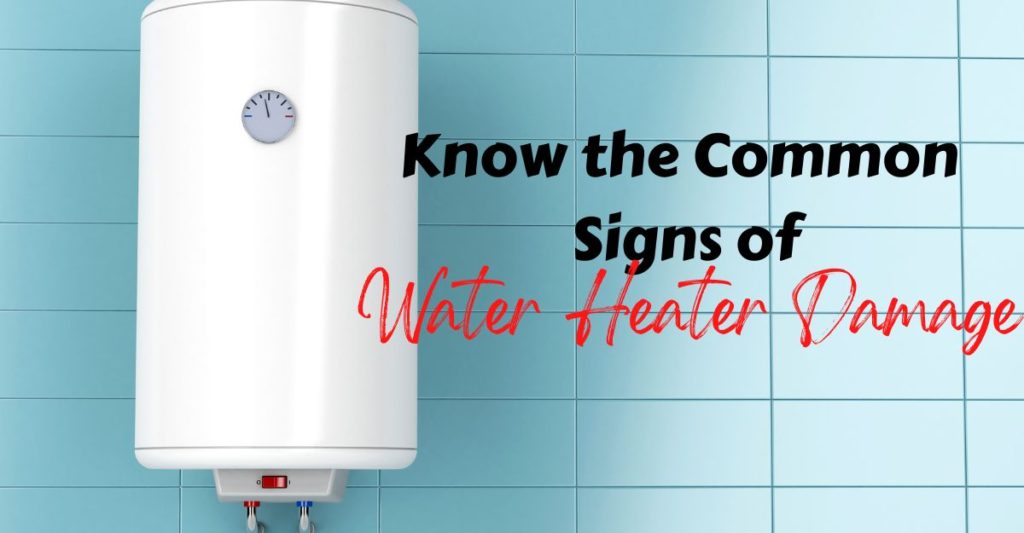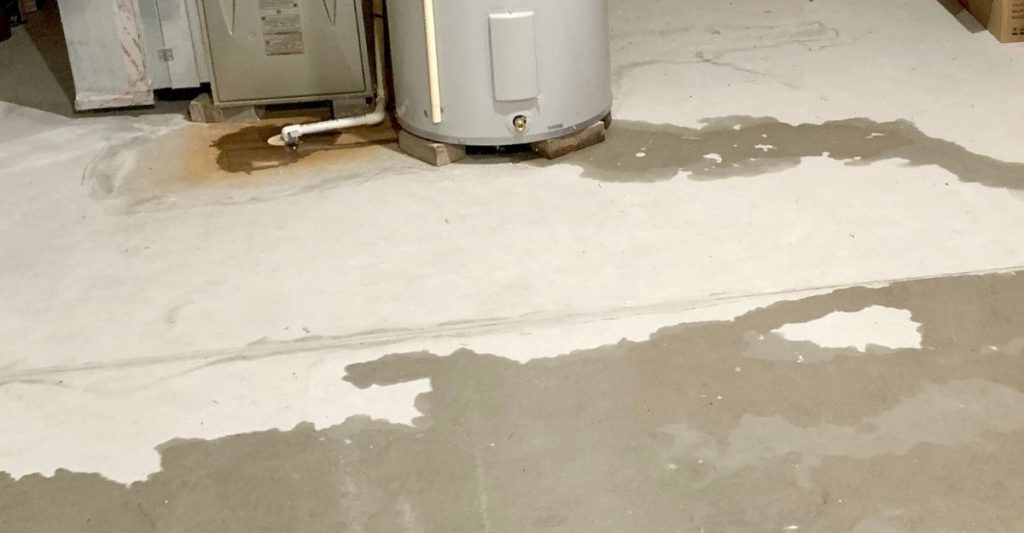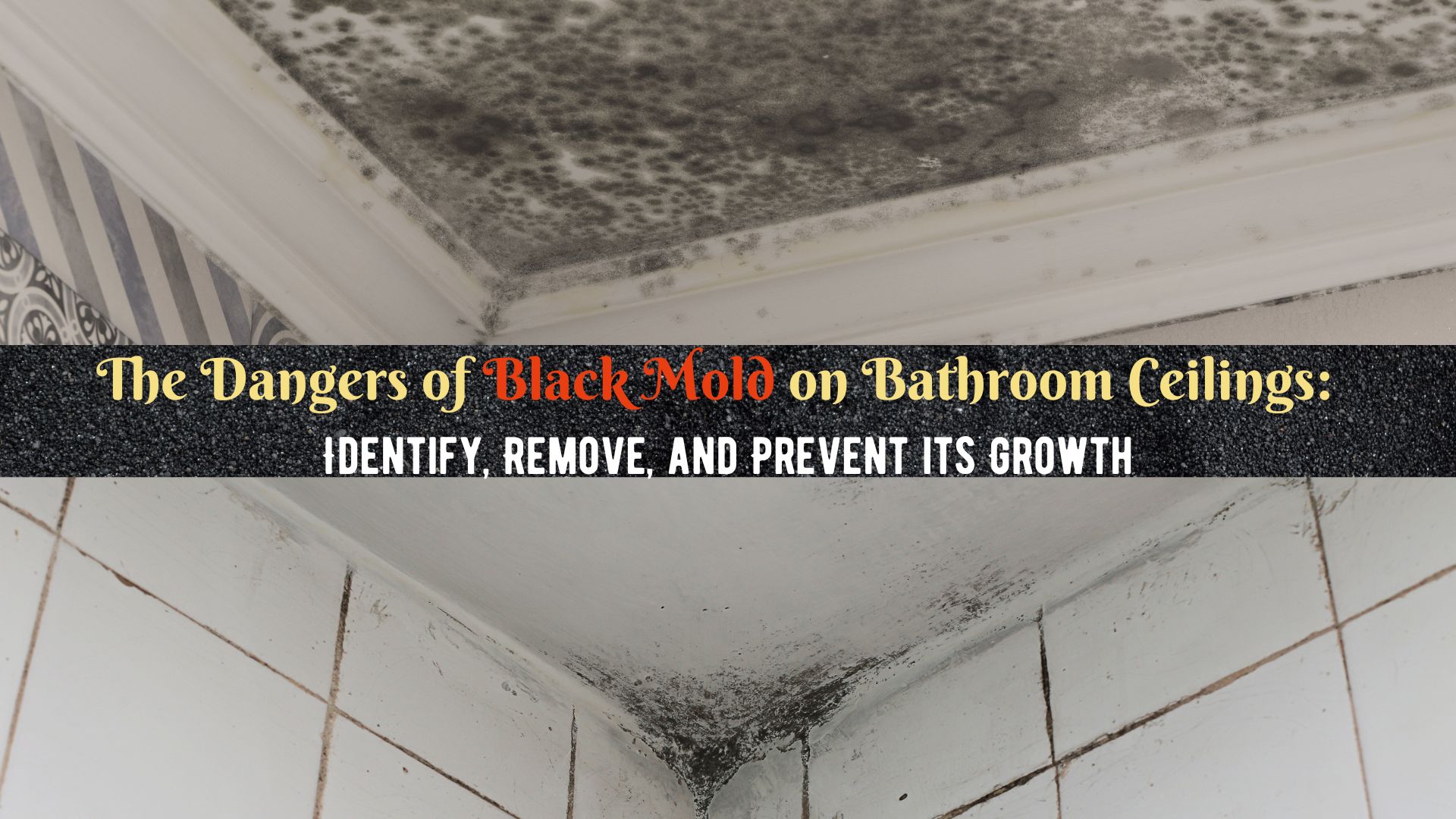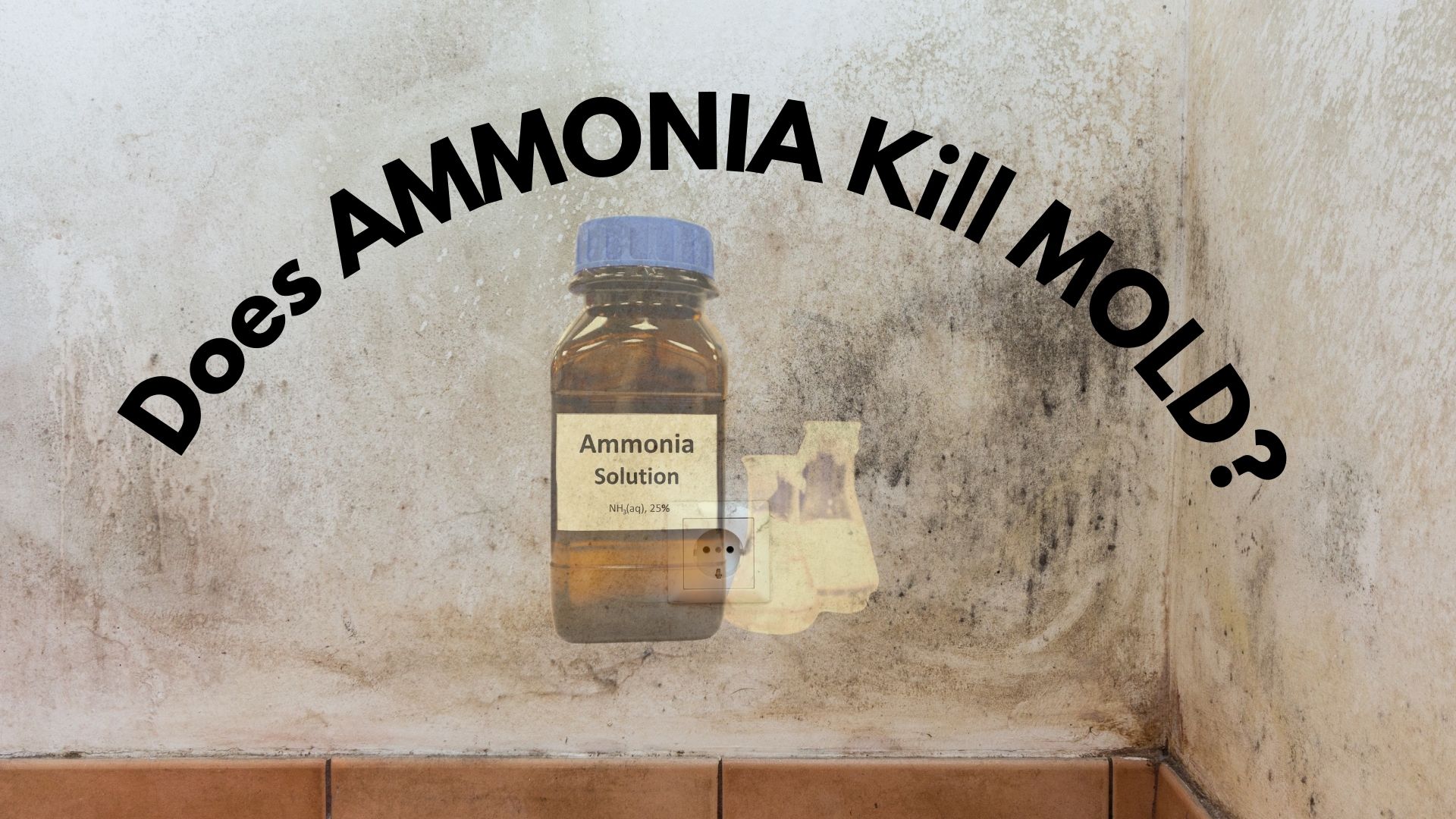
Water Heater Damage
How is your water heater doing? Do you know what happens if it fails? Terrible leaking water may occur and flood the whole basement all night. It could abruptly halt supplying hot water to your home and may lead to water heater damage.
Even if the water heater is in your basement or a different room, it can cause substantial property damage once it goes bad, leading to costly repairs or a total replacement. Typical gas and electric water heaters begin to manifest the signs of damage after eight to 12 years. So it is essential to regularly inspect the status of your water heater.
What are the Signs of Water Heater Damage?
1. Water appears brownish or rusty
Rusty water coming from your hot water faucets may be due to several causes; however, water heater failure could be one of the culprits. When your water heater starts to wear away, it erodes and gets rusty, contaminating the surrounding water. On top of that, sediments and other fragments can stain the water, leading to a cloudy brown color.
2. Cold water comes out from the taps
You should check around your house when you do not have hot water from your taps. Perhaps some household members use hot water for other purposes. Multiple hot water sources running simultaneously can exhaust your hot water supply.
However, if you often get cold water from your faucets and showerheads, the issue becomes obvious – your water heater is failing. A breaking water heater cannot make hot water, even after letting it operate for an extended time.
Some common reasons for water heater damage may include a defective heating element, broken tubing, or poor energy supply – all of which will lead to hiring a professional.
3. Water leaks

The water that drips from your water heater may seem a minimal issue, but the problem can undoubtedly rise. Inspect the water heater for any leaks or nearby pools of water. Please do not allow the water to remain; it can impair your home’s walls, floors, or other sections. The worst part is causing a mold issue.
Leaking water from the heater occurs due to several reasons. It may be the drain valve, which is not a pricey repair. However, you may consider purchasing a new unit if the leak originates from the water heater tank.
4. Strange noises
Banging, rumbling, or clanking sounds commonly indicate sediment accumulation in the tank. Once you hear these noises, have them checked by a professional instantly to prevent further breaks to the tank.
5. The water heater’s quality decline
The water heater deteriorates when debris remains on the bottom of the tank for a longer time. It eventually leads to the rusting and wearing down of the tank, causing water leaks, corrosion, and, finally, a damaged water heater.
Steps to Perform When Your Water Heater Begins to Break
It’s one of the most frightening situations when a water heater ruptures. It causes tremendous mess and damage. The good part is you can reduce water damage and make cleanup uncomplicated. Here’s what to do:
1. Cut the energy supply to your tank.
If you own a gas-powered water heater, you must turn off the fuel line to the tank by turning the thermoregulator on top. If your unit is electric, flip the switch at the circuit breaker.
2. Cut the cold water supply to your tank.
Shut off the tank’s main water pipeline found on top of the water heater by turning its valve in a clockwise direction. If the valve is unreachable, shut off the main water supply valve outside your house.
3. Take a photo of the scene.
Before doing the cleanup task, take photos of the damaged scene, including the whole leak, affected furniture or belongings, and other things that will assist you with your homeowners’ insurance claim.
Your insurance policy may not replace your broken appliance but should include the costs of the water damage restoration services.
4. Remember to drain the water.
Connect a hose to your tank’s bottom drain faucet, and direct the water to a basement drain or outside your home. Turn the water heater pressure relief valve to remain a vacuum from creating inside the tank as it unloads.
As another option, you can utilize a wet vac to get as much fluid as possible. Once you’ve emptied the tank, place a dehumidifier to eliminate excess moisture in the air and accelerate drying.
Get Help from Superior Restoration Corona for Water Heater Damage
If your water heater issues are reasonably simple, you can resolve them yourself. However, if the degree of the problem is more serious, causing water damage to your home, feel free to call in a professional like Superior Restoration.
Our company, together with a team of experts, has been serving property owners for years. Specialists of Superior Restoration only use the latest tools and techniques to manage all water damage issues. Call us today if you have inquiries. We are available 24/7, particularly in emergency cases.




